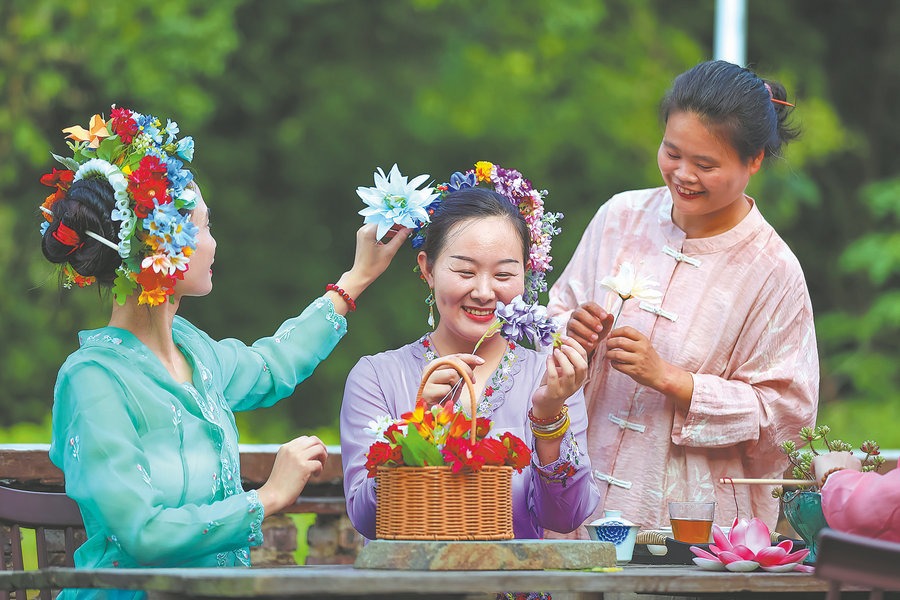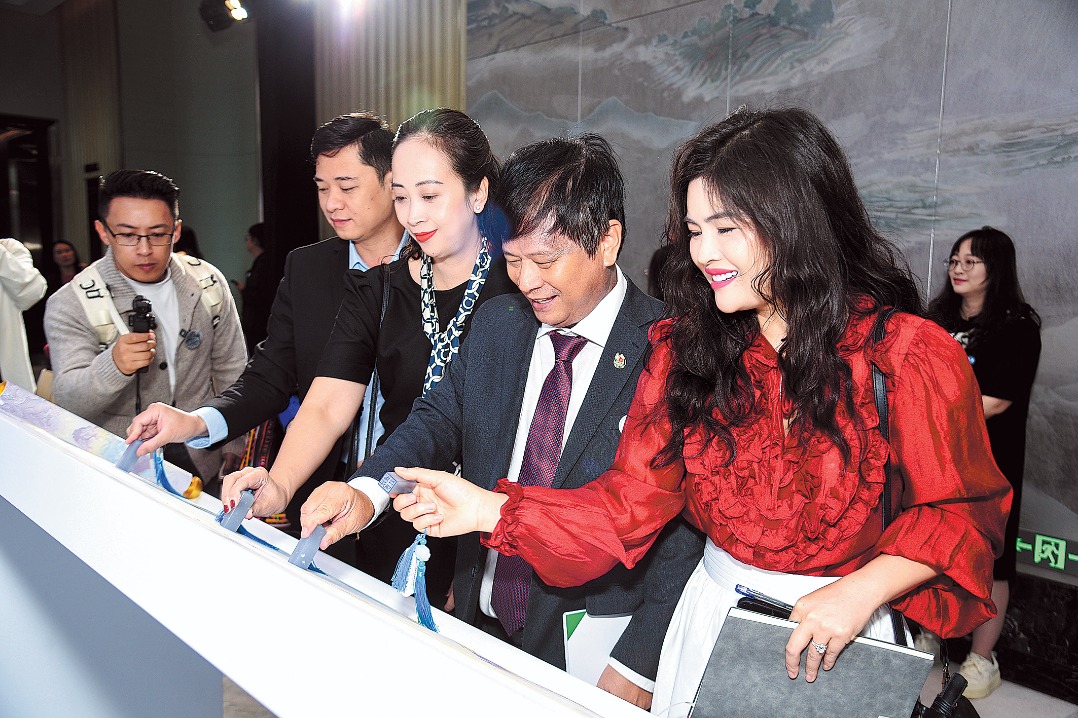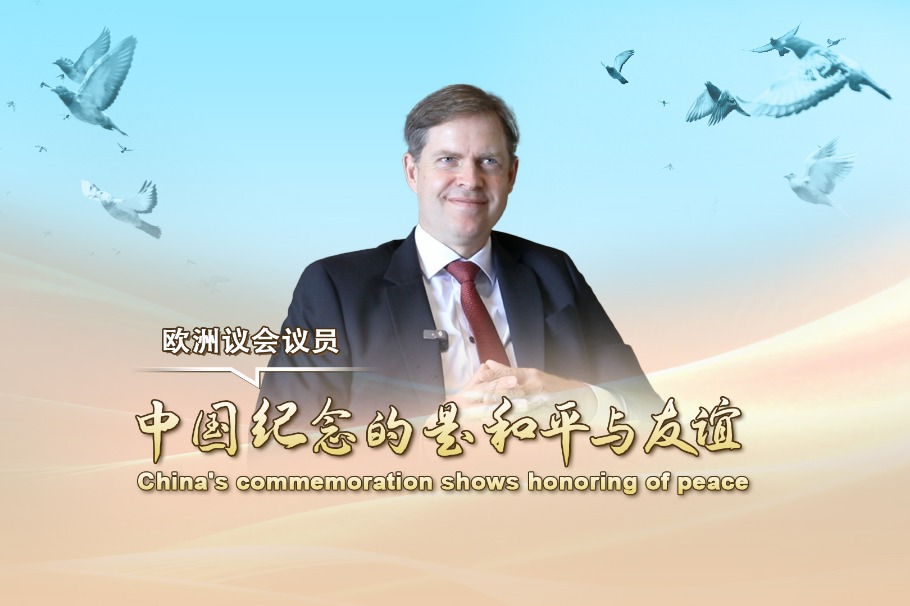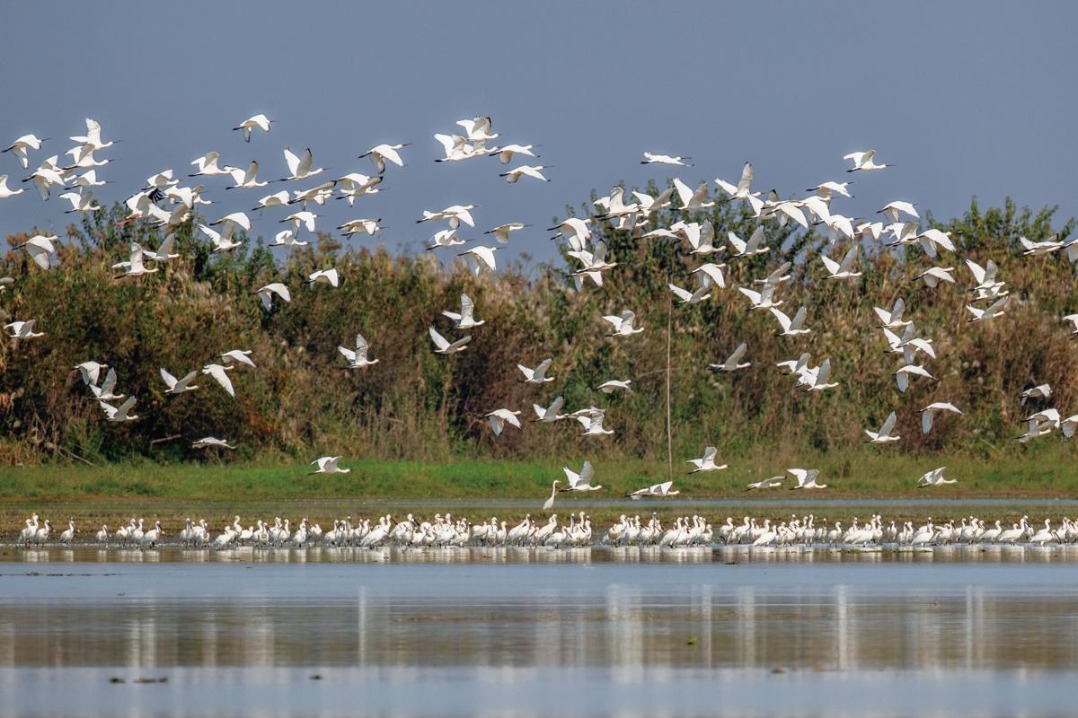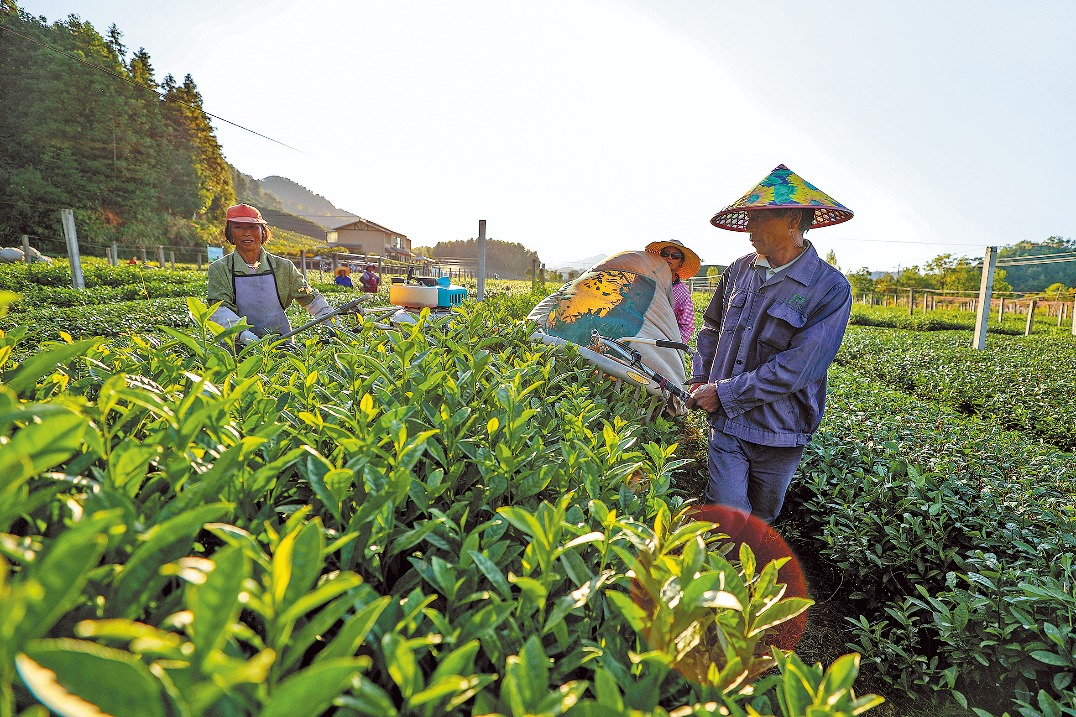Cultivating China's next generation of tea makers
Through practical teaching, professor brews fresh interest in one of the nation's oldest industries, report Yang Feiyue in Beijing and Hu Meidong in Fuzhou.

Amid yellow loquats and purple red bayberry, Hsu Shu-mei led students up a tea garden path in late May.
They were doing a field research about tea in East China's Fujian province.
"Whenever opportunities came up after class, I would take them to tea companies for research purposes or to a tea plantation," says Hsu, who originally came from Taiwan and is now teaching at the Anxi College of Tea Science, Fujian Agriculture and Forestry University.
Her students range from postgraduates in the field of agricultural management to undergraduates majoring in business economics.
"Fujian has six tea systems, all of which we should understand," Hsu says.
For example, Tieguanyin, a premium oolong tea, originates from Anxi county in the southeast of the province, while Dahongpao rock tea from the Wuyi Mountains in the north is also highly sought after, Hsu says.
Both teas have enjoyed fame at home and abroad.
Going to the fields exposes students to the tea-making process, tea garden ecology and marketing management.
"It can help them develop a sense of mission to spread the local tea culture internationally … or better promote and integrate tea culture, industry and science," Hsu says. "So we have to take students out of the class and to such places."
Hsu, in her early 50s, has accumulated years of teaching experiences in agricultural, leisure and business management, as well as agronomy.
In Taiwan, she used to teach at the National Chung Hsing University, the Providence University in Taichung and at the National Yunlin University of Science and Technology in Yunlin.
In 2018, Fujian unveiled more than 60 measures for the benefit of Taiwan residents, including incentives for recruiting talent in education.
The broader teaching prospects and ample funds for academic research from the mainland aroused Hsu's interest in an offer from the Fujian Agriculture and Forestry University.
The mainland university has maintained good relations with the National Chung Hsing University over the years.
She made a trip to the Anxi tea college later that year to get a feel for teaching in the Chinese mainland.
In the interim, Hsu gave a mock teaching session before the college authority.
"We hit it off right away," she says.
The experience further predisposed Hsu to a long-term career in Fujian, the language, culture and folk customs of which she deems to be very close to those of Taiwan.
In addition, she and her husband had wanted their daughter to study in the Chinese mainland.
"Compared with Taiwan, the mainland has closer connections to the world, and it could (better) help the child cultivate an international perspective, broaden her views and establish a positive outlook on life," Hsu says.
Another reason compelling her to make the decision of pursuing a career in the mainland came from her husband.
Hsu's in-laws moved to Taiwan in 1949 from Sichuan province in Southwest China. Her father-in-law had visited Sichuan a few times and grew very nostalgic.
Under this family influence, her husband has grown a strong sense of attachment to the mainland, especially after he retired.
"We had a family meeting afterward, and eventually decided to move our life to the mainland," Hsu says.
In August 2019, Hsu's family flew to Fujian and took the offer as an associate professor with the college's business economics department.
"Although the college wasn't established until a few years ago, it is young and full of opportunities," Hsu says.
The college was founded in 2012 and is part of the county government's efforts to develop tea management talent and scientists in support of its tea industry, which has involved about 80 percent of the local population.
"It embraces innovation and is a great place for teachers from Taiwan to develop," Hsu says.
"Plus, students here are very active and have a thirst for knowledge."
She takes pride in her role-play pedagogy, which has managed to stir up the enthusiasm of her students in class interactions with one another, and it has yielded positive results.
She turned hot international topics into skits or operas and had students play the roles, such as importers, exporters and arbiters, before she gave an in-depth review and analysis of their performances.
The approach has enabled her students to have fun in education while acquiring better understanding of the course.
"They are filled with vitality as different ideas collide," she says.
She has also inspired her students to join various national contests as an approach to gain practical experience and her teams have won multiple first and second prizes.
Hsu has been upholding the idea of going from books to practice in her education philosophy, which she finds coincides with the college's focus on industry and education integration.
"The tea college teaching places an emphasis on practice," she says.
"The classroom is mainly about gaining expertise in theory, but overall strength needs to be honed in practice."
As a result, Hsu has often taken students to the farmlands and industry workshops to talk to and work with industry players.
One of the places she has frequented with her students is the 1977 Tea Cloud ecological courtyard, which offers cultural experiences, traditional skills teaching, leisure and sightseeing.
It was set up by He Huanzhu, a former student of Hsu's and a close friend.
"Hsu gave well-prepared and meticulous classes," He says.
"She can make full use of time, and explain key knowledge in a vivid and orderly fashion," He adds.
The ecological courtyard has also been part of Hsu's efforts to nurture local female tea masters.
"Women are a major force behind rural revitalization, and I've been paying attention to their employment and entrepreneurship," Hsu says.
"I hope I can be of some assistance for them to achieve their goals in tea plantation, tea garden management and making tea."
Zheng Qiaoling, a female tea planter, has studied a training program at the courtyard for more than three years. Her tea-growing skills have greatly improved over the years, which allows her to save 28,000 yuan ($4,170) a year in the management of her own family tea garden and see an annual income increase of nearly 50,000 yuan, Zheng says.
Hsu says she has seen the bigger picture in the mainland's rural revitalization.
"I will base my scientific papers on the agriculture of the country," she says.
"I hope I can keep teaching in Fujian, fulfill my responsibilities and do what I want."
Yang Jie contributed to this story.

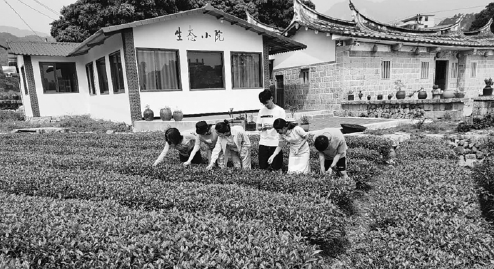
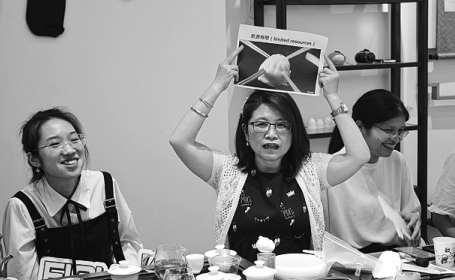
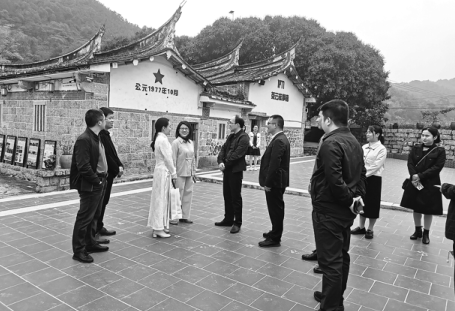
Today's Top News
- Peace or war: that is the question
- Japan-Australia security partnership not as well-intentioned as claimed
- Xi to attend BRICS leaders virtual meeting
- China initiates emergency response to flooding, typhoon in 2 provinces
- PLA condemns Canadian, Australian warships' Taiwan Strait transit
- Xi extends congratulations to plenary session of China-Russia friendship committee

















